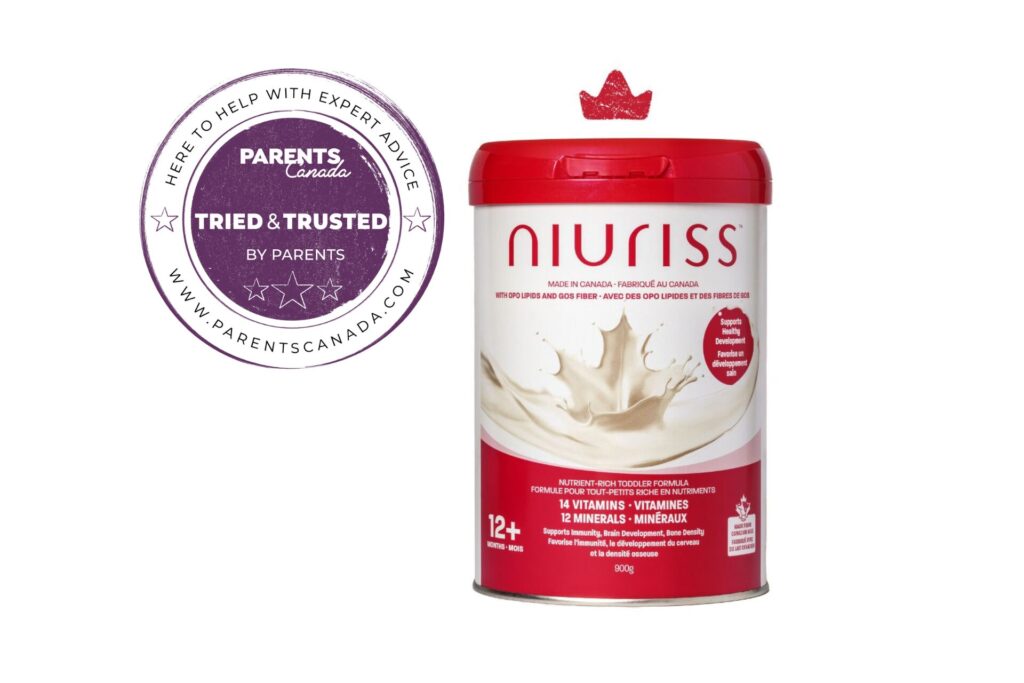Health Canada provides guidelines on introducing food to infants and toddlers. These guidelines are based on recommendations from health professionals and aim to promote healthy eating habits and reduce the risk of food allergies. Here are some key points from Health Canada's guidelines:
· Health Canada recommends introducing solid foods to children around 6 months of age, while continuing to breastfeed or provide formula until at least 12 months of age.
· Iron-rich foods should be among the first solid foods introduced to infants, as iron is an important nutrient for growth and development. Examples of iron-rich foods include iron-fortified infant cereal, pureed meats, poultry and fish.
· Health Canada recommends introducing common allergens, such as peanuts, eggs, dairy, soy, wheat, fish and shellfish, one at a time and in small amounts, starting around 6 months of age. This can help reduce the risk of food allergies and sensitivities. Keep track of any reactions to these allergens and speak with your family doctor if you have any concerns.
· As infants and toddlers become more comfortable with eating solid foods, gradually introduce a variety of textures, including mashed, chopped and finger foods. This helps develop stronger chewing/oral skills and encourages self-feeding. Some textures, such as meat, may take longer for toddlers to get used to.
· Offer a variety of foods from all food groups, including fruits, vegetables, grains, proteins and dairy, to ensure infants and toddlers receive a balanced diet and are exposed to different flavors and nutrients.
· Avoiding added sugar and salt: Limit foods and beverages high in added sugars and salt.
· Offer meals and snacks at regular intervals, but avoid pressuring or forcing your child to eat. Practice responsive feeding by paying attention to your child’s hunger and fullness cues, such as sucking on hands or turning away food.
· Supervise infants and toddlers during mealtime to ensure they are eating safely and to help prevent choking. Cut foods into small, manageable pieces and avoid offering foods that pose a choking risk, such as whole grapes, nuts, popcorn and chunks of meat.
These guidelines are meant to support parents and caregivers in providing nutritious and age-appropriate foods, promoting healthy eating habits and reducing the risk of food-related issues, such as allergies and choking. Always speak with your family doctor if you have concerns about your child’s eating.









